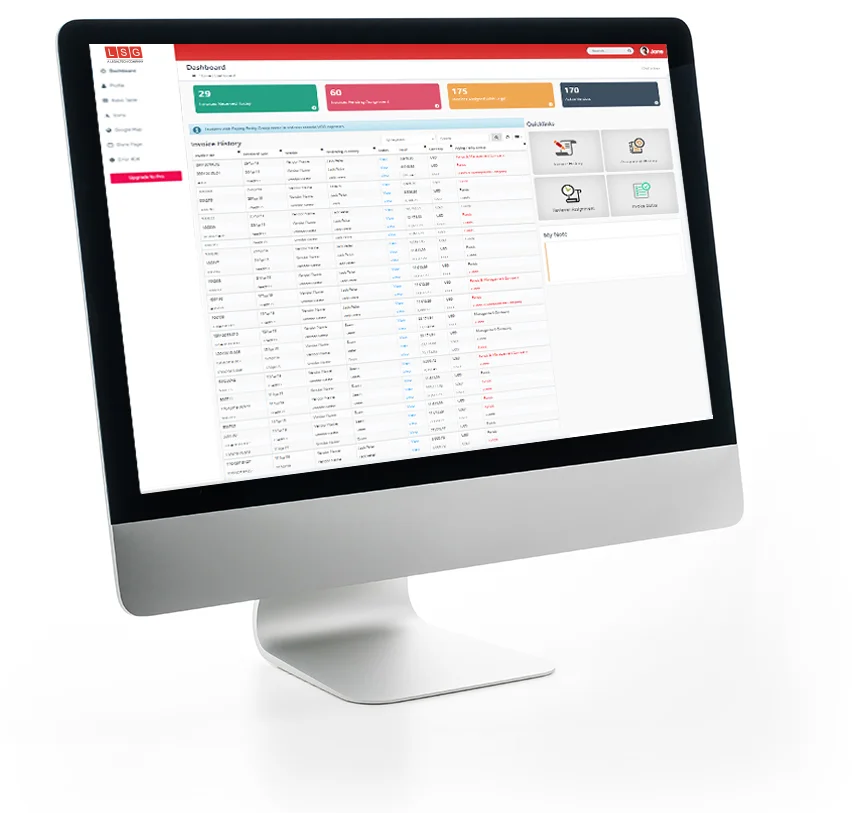Blog
How insurers can manage their claims better
Published by Vipin Louka on Dec 07, 2016

In the insurance industry, in today’s highly competitive and economically challenging environment, efficient claims handling can give an insurance company a clear edge over its competitors. In simple words claims handling can be defined as claims processing through a system of investigation and communication so as to determine appropriate compensation. In order to have a more detailed understanding of the significance of the role of claim handling, we need to take a closer look into the steps and processes involved.
a) First notice of loss or injury (FNOL/FROI) - The initial contact by a customer to the insurance company regarding a loss or injury which starts the entire claims process. Insurance companies may have internal staff for first notice loss communication with customers or may outsource the operation to a specialist. Whichever maybe the case, speed is of the essence, a main challenge for insurers.
b) The next steps are acceptance, evaluation and approval of claims which provide optimal customer experience with fair settlements by following an internal workflow process. Claims are categorized based on their severity and assigned to different claim adjusters who are supported by departments of records management and data entry staff. It is the claim adjuster who, in close cooperation with the client, undertakes investigation of a claim to ensure whether it is covered under the insurance contract and authorizes a fair payment.
Settlement of insurance claims is just one aspect of insurance claims management. Clients expect the company to settle their claims as quickly as possible and to their satisfaction. The time factor plays an important part in providing a business advantage over other insurance firms, especially in the present climate of more stringent government regulation and customer expectation.
Efficient claims management is vital in reducing costs and reducing fraud; simultaneously keeping customers satisfied. Any extra expense added to the insurance company’s administrative costs is a reduction in the company’s profit. In other words, when a claim is delayed it costs the company more. In addition to the previously mentioned administrative costs, there are the costs of investigating a claim.
The most practical solution to speed up claims and to reduce costs would be the use of insurance claims management software. Especially in the case of smaller companies that operate on tighter budgets, simplification of the claims process through automation considerably helps in cutting costs and reducing manual claims administration.
Another factor that can contribute to an insurance firm’s loss is fraudulent claims. Paying fraudulent claims costs the insurance industry money which they pass on to the customers in the form of higher premiums and agreement to more stringent policy content. With the help of the latest enterprise legal management solutions which are tailor-made for the insurance industry, companies can examine payment history and evaluate trends in claims payoffs, thus detecting fraud more easily. For example, claims management systems’ software can detect fraud from how often the same individual files claims. In short, claims management software solutions improve claim handling efficiency by reducing the time taken for processing and settling a claim, identifying fraudulent claims, reducing insurance companies’ expenses and increasing their profit.
LSG’s Advocator System® ELM helps insurers to reduce costs, increase productivity and achieve better claims outcome, ultimately bringing all round better performance. With the help of products from LSG, insurers, claims professionals and TPA’s can manage cases more effectively, collaborate efficiently with panel law firms and gain a better understanding of costs and risks.
The key benefits to insurance companies working with LSG can be listed as;
- Case/ matter assignment provided with Advocator System® ELM
- Budgeting, budget tracking and case planning.
- E-docs
- E-billing
- Automated bill review and compliance monitoring
- Claims payment feeds
- High security and database hosting
- Financial and management information reporting



